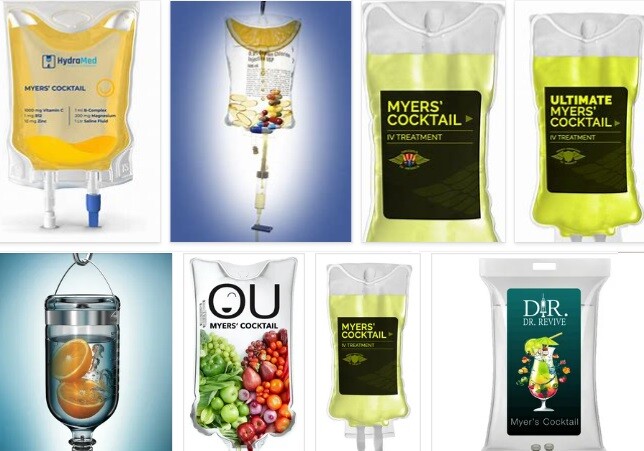Benefits of Circumcision -What are the Benefits of Circumcision to woman?
Benefits of Circumcision are here! If you have been wondering whether there are any benefits of circumcision, you are not alone. The practice of circumcision dates back thousands of years and is well-studied. However, you may be wondering what the reasons were for circumcision, and whether it is better for you and your baby. Read on to learn more about circumcision and its benefits. But first, let’s talk about why circumcision was so important. What are the risks and benefits?
Are there benefits to circumcision?
The answer to the question, “Are there benefits to circumcision?” depends on the population and the circumstances. While circumcision prevents HIV transmission in women, there are also risks. In addition to HIV prevention, circumcision may lower the risk of cervical cancer. Global health organizations have called for the circumcision of all newborn boys in the U.S. to help curb the spread of HIV. But while the US does not have an epidemic of HIV, it would be wise to circumcise the men in your community.
Despite the numerous myths, circumcision is still widely performed today. This procedure prevents the growth of sexually transmitted diseases under the foreskin. Although there is no concrete evidence to support circumcision’s benefits, the idea behind the procedure is still appealing. In addition to preventing HIV, circumcision can also help protect males from a number of diseases. The most commonly known one is the prevention of foreskin lesions.
Is it healthier to circumcise your baby?
Whether to circumcise your baby is a personal decision. Parents choose to do so for cultural, religious, or practical reasons. But before you opt for the procedure, consider the risks and benefits. The benefits of circumcision are widely known, but you should weigh your decision with the risk of complications. In some cases, circumcision is not even medically necessary.
The procedure lasts anywhere from fifteen to thirty minutes, depending on the technique used. The doctor will use a board to strap the baby and secure its legs. If your baby is particularly frightened, the doctor may swaddle him. In most cases, swaddling your baby is safer than strapping his arms. It is important to ensure the safety of the baby during circumcision.
In addition to preventing HIV, circumcision can also help protect males from a number of diseases. The most commonly known one is the prevention of foreskin lesions.
Whether to circumcise your baby is a personal decision. Parents choose to do so for cultural, religious, or practical reasons. But before you opt for the procedure, consider the risks and benefits. The benefits of circumcision are widely known, but you should weigh your decision with the risk of complications. In some cases, circumcision is not even medically necessary.






